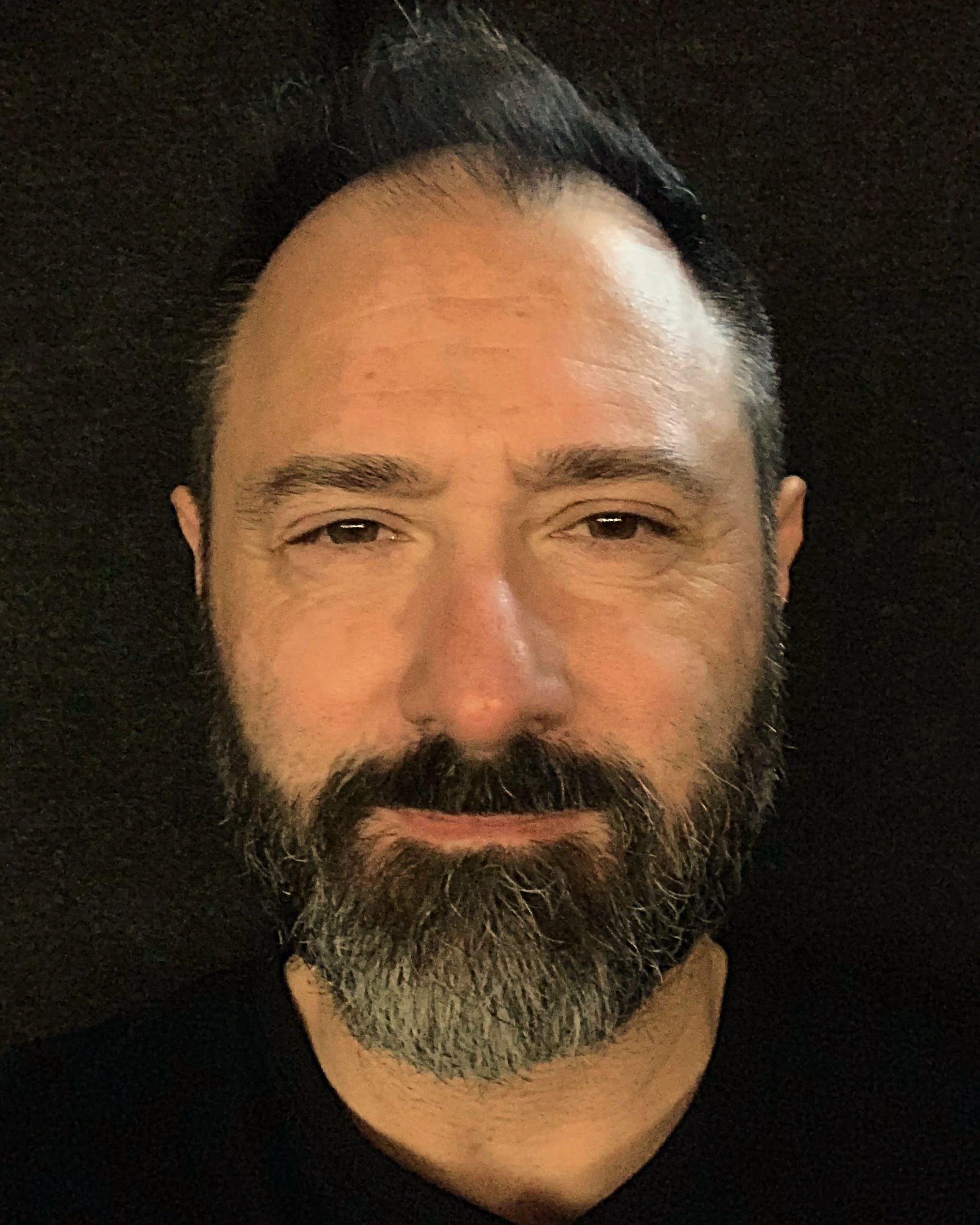Conversations with My Father
He asked about the weather,
about the kids.
about church attendance
and trusting God more.
I answered each question
as if it were a door.
Some stayed closed.
Some opened into smaller,
quieter rooms.
His hands shook
when he turned the pages to Job.
I didn’t mention it.
Instead, I said the moon
would hang full tonight.
We both turned
to where the sky begins.
Sam Aureli
Sam Aureli is a design and construction professional, originally from Italy, now calling the Boston area home. A first-generation college graduate, he’s spent decades immersed in concrete and steel. Poetry is what truly feeds his soul these days. With retirement still a decade away, Sam balances the grind of his day job with the refuge he finds in writing. His work has appeared in The Atlanta Review, Chestnut Review, Underscore Magazine, Prosetrics The Magazine, Stanchion Magazine, West Trade Review, and other literary journals.
Why this Knocked Taylor Out:
Just like the poem says, some lines stay closed and other lines open into smaller quieter rooms. A great "simple" poem where each line holds complex and compelling layers. The fathers hand shaking, the weight of religious guilt. And that super punchy ending which just blew me away when I first read it.
I think I’m drawn to the way that mercy is flipped in this poem. When we think of Job, we think of the punished man losing everything, instead within this poem the Son extends a kind of grace toward the father that feels genuine and tender.
And once again I’ll just say, the ending couplet. So great. It’s so simple in it’s diction but wonderful in it’s expansiveness.
Interview:
Why did you choose Team Taylor for this poem?
I chose Team Taylor because, well, I’ve got both Daddy and daddy issues. All jokes aside, I've been writing a lot about God and my father, who was a missionary and pastor until he passed in 2020. Our relationship was pretty complicated, and I’m still trying to make sense of it all. Plus, let’s be honest, my writing is rarely humorous, if at all, and pop culture is definitely not my strong suit, so who else could I turn to but you?
How do you arrive at the endings of your poems? Of this poem in particular?
Endings are a lot harder than beginnings. I think I’m pretty good at starting poems, at least, that's the feedback I’ve gotten. The most common criticism was that my endings were too neat and over-explanatory, almost like I was summarizing the poem. So I started studying poets like Charles Simic, Jane Kenyon, and most recently, Richard Siken, to see how they handled endings. The editor-in-chief over at the Belfast Review gave me some valuable advice while reviewing one of my manuscripts. She said, instead of tying everything up with a "closed door" ending, I should leave the door open, directing the reader somewhere beyond the poem, letting them think about what resonates with them. She compared it to climbing a mountain and then not bothering to take in the view, just going back down the same way, focused only on your feet. In "Conversations With My Father," I wanted to capture the awkwardness of the conversation, how my dad always asked the same questions. He kept it superficial, mostly about how things would look to the church community if his son wasn’t a devout dad and churchgoer. As an adult, I stopped fighting it, though I never gave him more than I wanted to. What I really wanted was a quiet moment with him, without the interrogation. So, I shifted the focus to something we could both appreciate—the beauty of the moon.
What does your typical writing process look like?
I don’t really have a set writing routine. I work full-time in a pretty stressful environment, so my mind is often all over the place. I’m out of the house early, but I get a lot of inspiration on my long commute. It’s funny how some of my deepest thoughts come up while I’m driving. Sometimes I’ll be reflecting on random things or working through bigger ideas in my head. And then there’s always something in my surroundings or something I’m listening to, like music or audiobooks, that sparks an idea. I tend to dictate notes into my phone a lot during that time. In the evenings, I try to carve out some time for reading and then go back over my notes from the day. But weekends? That’s when things get serious. I’m up at the crack of dawn (thanks to the cat—aka Gremlin), brew some coffee, and then dive into reading and writing. That’s when the “magic” tends to happen.

